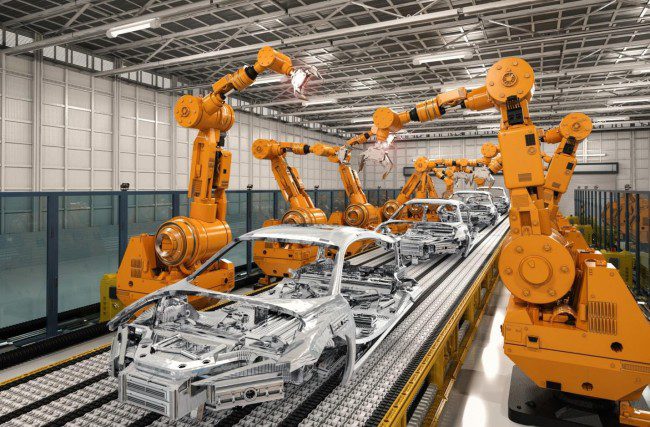In the past, owning a car was a luxury, but now, it is a necessity. According to statistics, there are almost 1.5 billion autos in the world, and that number is drastically increasing every year. One of the reasons for that is that most vehicles are getting cheaper to produce, and there are a lot of new brands that are trying to give the best deals they can to their customers, so they can become a popular and trusted brand.
Nowadays there are more than 100 different car brands that are well known all around the world, and there are even people who make unique, luxury vehicles that are not available for the common folk. People who own automobiles are usually interested in how their beloved vehicle was created, and we are here to help you learn.
Continue reading if you want to know some interesting facts about the production process, materials, and key car components.
How many parts are there in a car?
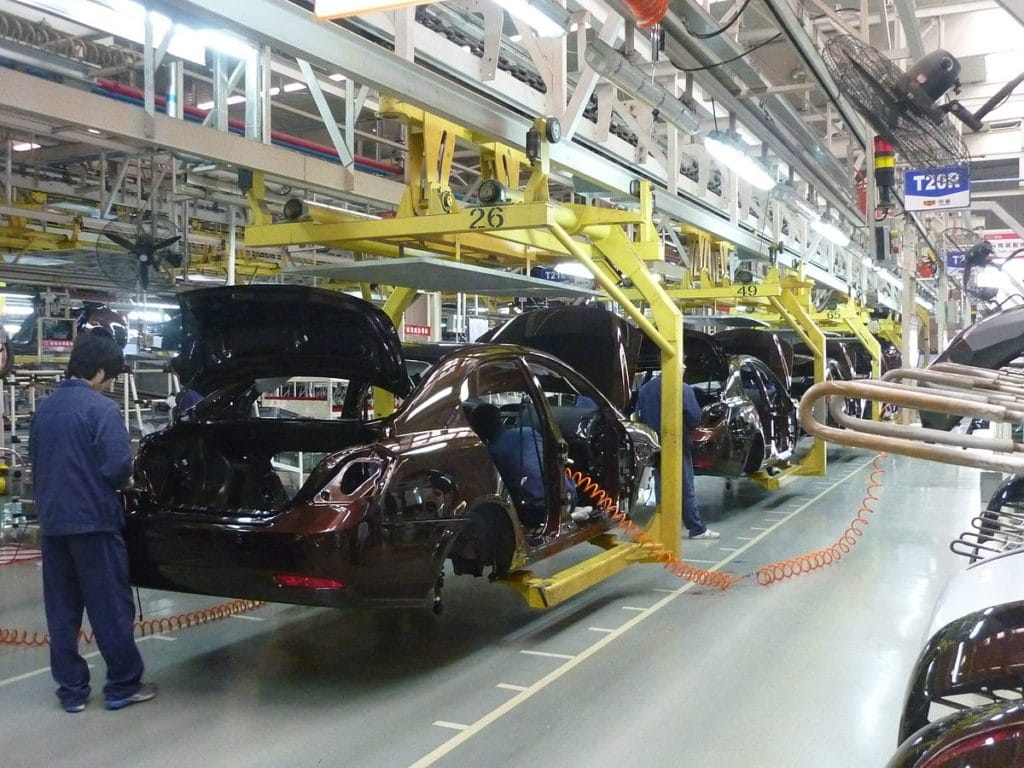
Have you ever wondered about this? Do you think you can guess the number of components that are used to create just one vehicle?
Well, this number will probably surprise you, because that number is as high as 30,000 different parts go into making just one auto. Some parts are extremely big, but others are smaller than your nail, and your vehicle would not be able to run without it.
We will not go into details about every single screw and bolt that is used to make the auto, but we will mention that just for creating the doors, more than 20 different components are used.

All of these things are not made in the same factory, and usually, one brand cooperates with different companies that supply them with the crucial parts. However, the assembly is usually done in the main brand factory, and they make sure they have enough of them to assemble as many vehicles as needed.
It is said that more than 80 million vehicles are produced every year, and if we divide that between the number of auto brands there are, we will see that every brand makes about 1 million new autos per year. The suppliers have to make all the small components, and they have to think about those who will go into waste.
These are some of the numbers that show how big the automobile industry is and how working together helps us create magnificent things.
Materials used
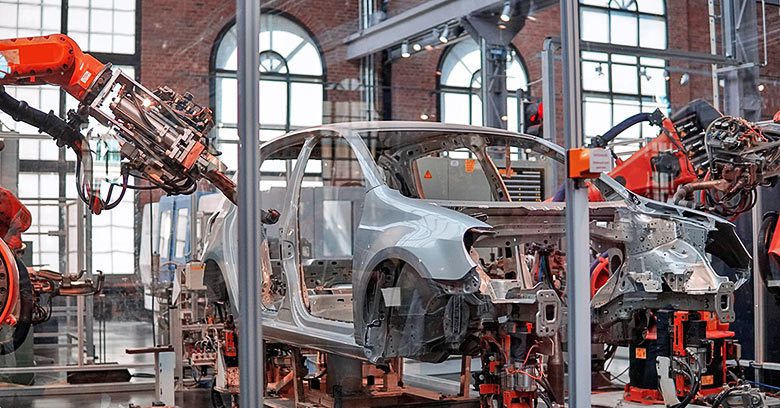
There are a lot of materials that are used to create just one vehicle, and most of it is made of steel. However, not everything is made from the same steel, and different types can be used to create the chassis, the exhaust pipe, and the door panels. It is said that just one average vehicle has more than 2,500 pounds of steel, which translates to more than 1,000 kilograms.
Next on the list is plastic, and it is said that this material is a strong competitor to steel because of its durability and strength. More than half of all the parts are made from plastic, and some of the things that are made with it include the air vents, doorknobs, and almost all of the dashboard.
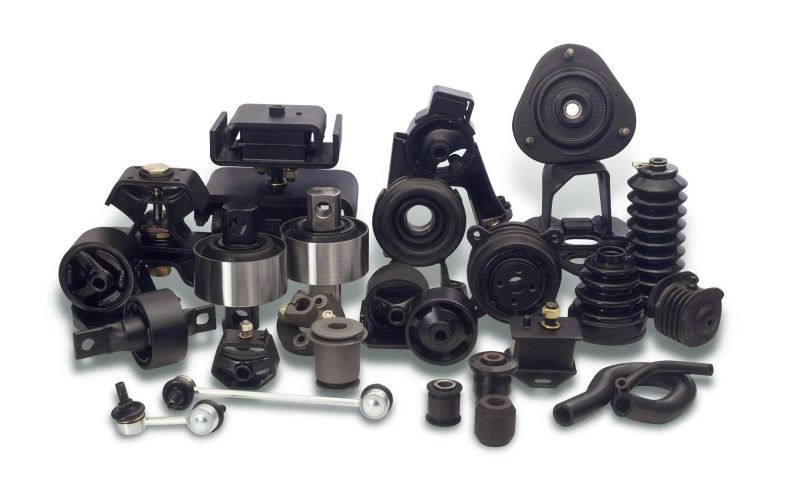
Rubber is used to create some of the smallest parts that go into one vehicle, and without them, an auto would not be able to run. The reason why suppliers choose this material is that it is not only durable and heat-resistant, but it is also relatively cheap. If you are interested in learning which are some of the rubber components that are used in the automotive industry, you can click here.
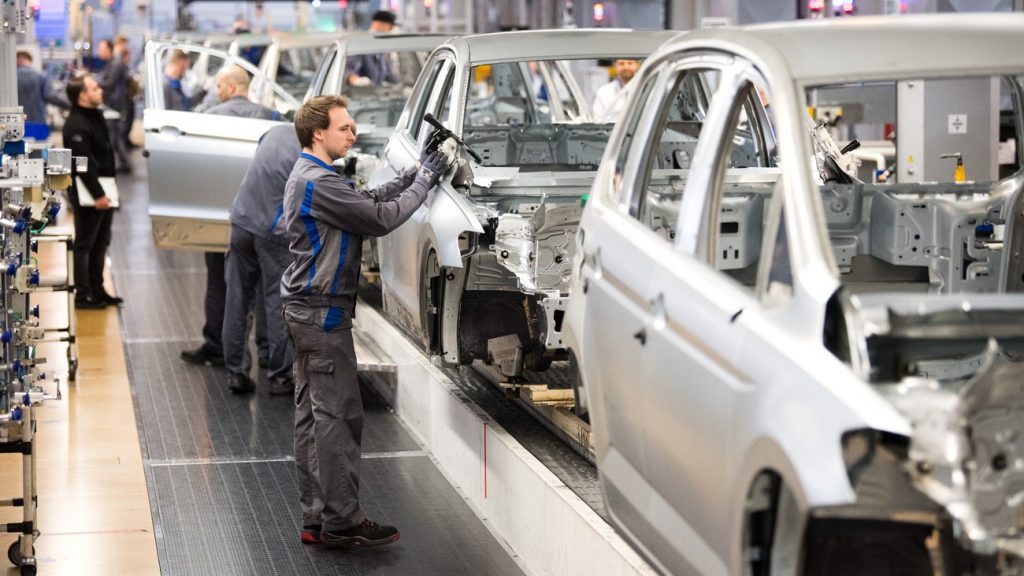
Aluminum is said to make up to 20% of all the vehicle components and it is widely used because it is extremely lightweight and durable. Some of the essential parts, including the wheels and engine blocks, are made of this material.
Other materials used include glass, lead, copper, and titanium.
Production Process
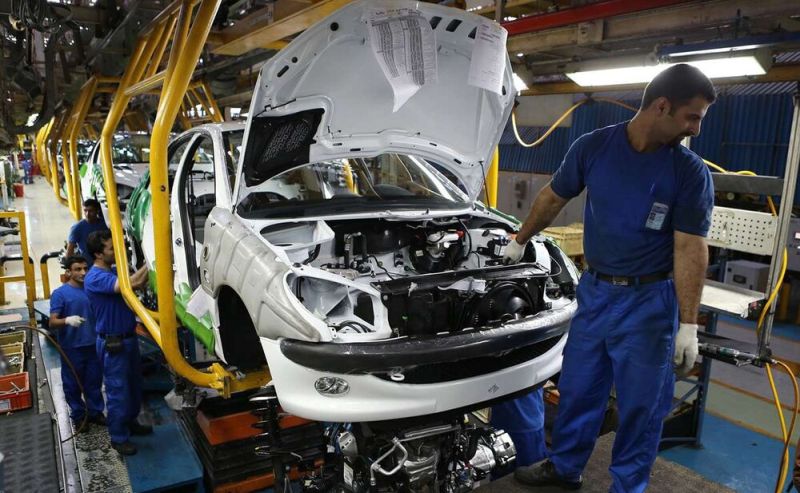
The whole production process is extremely complex, and as we mentioned before, not every part is made in the same factory.
The first part is the idea, and here designers create new looks, try out different components, test materials, and so on and so forth. Once they have the initial idea of what they want the car to look like, a prototype is created. If everything works out fine, and if the vehicle passes all the inspections, then it can be widely produced.
The manufacturing process consists of gathering all the materials that are going to be used, as well as the components. Usually, the chassis is the one that is created first and then the mechanics work on the body. One thing that is different now than it was in the past, almost everything is done automatically. This helps create even vehicles, the machines can run 24/7, there is little to no mistake, and the workers are safer and they are not exposed to as many risks as they were in the past.
After the chassis, the body of the automobile is created, and all the parts are put together. This is a really complex process that requires time, extreme precision, and skills. Later on, the body is painted, and that can be done either automatically, or when we talk about luxury vehicles, this is usually done by hand.
The interior is separately assembled and it usually goes in the completed vehicle as one of the last steps. However, this part can vary depending on the brand, the manufacturing process, and the factory.

After everything is done, every auto is inspected and the quality is checked. If the engineers or the experts notice any mistakes or errors, the car can be dismantled or fixed.
These are some of the most important things you should know about the creation of just one automobile. It is fascinating to know that when factories use automation processes, and after they get all the necessary parts, one vehicle can be created in less than 20 hours. This allows factories to create that many cars per year, and because of the whole production process, it is affordable for pretty much anyone to afford a new automobile.

